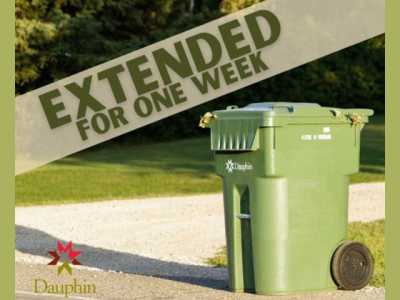An official with the Canadian Food Inspection Agency explained how there are different standards at play during a meeting studying the escalating trade dispute with China.
Member of Parliament Robert Sopuck is part of the federal agriculture committee that held two emergency meetings dealing with the canola crisis.
“Both Canada and China have different testing methodologies for testing the quality of canola, and that actually floored me because I would assume that they would be comparing oranges to oranges if you know what I mean. But with two testing methods, China is always going to be able to say ‘well our method is better or more efficient and we don’t trust what Canada says.’”
Sopuck says it’s nonsense given how well Canadian canola is received around the world.
A science-based solution is what the government of Canada is putting forward to resolve the canola issue with China.
But Sopuck thinks these trade issues are murky and complex and often not related to the commodity at hand. “I am concerned that there are larger issues in the shadows that are not being discussed in the way that they are supposed to be.”
There are other markets, but because China buys 40 per cent of Canadian canola, it’s causing difficulty for both producers and the industry.
“We want to ensure that the world and China know that we’re not only watching this, but we know that our canola is safe and it’s the best in the world. That’s based on science.”
China indicated they have a quality concern with canola seed, but canola oil and meal are not subject to the same challenges.







